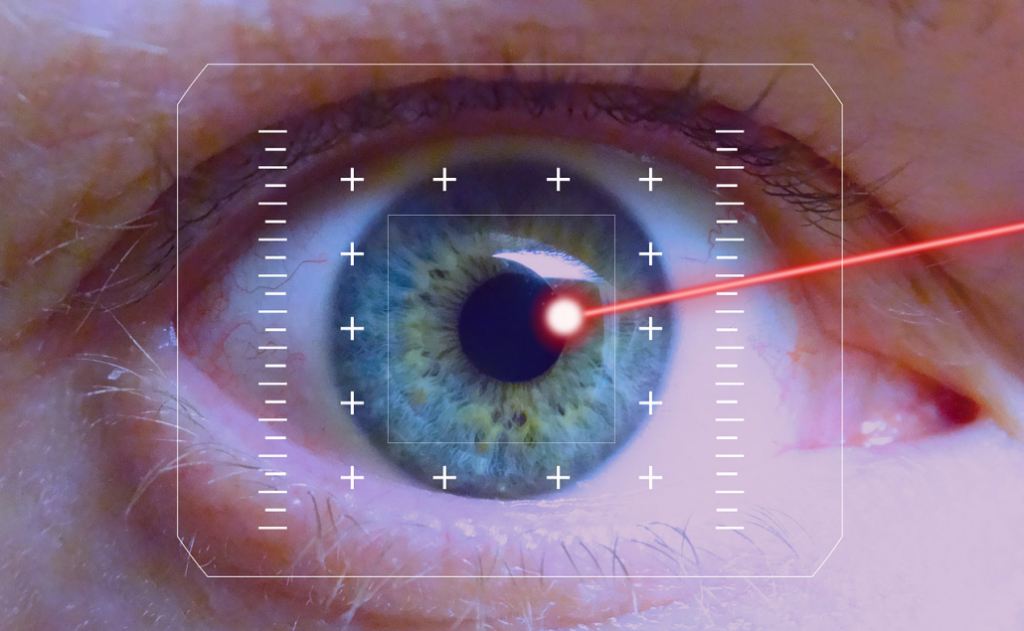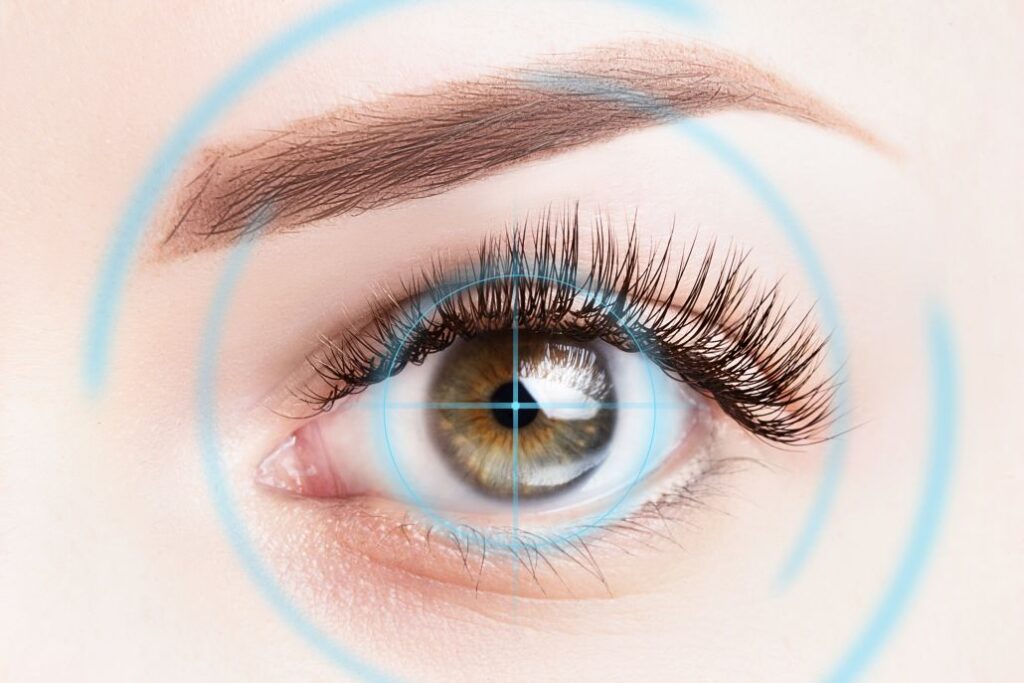LASIK (Laser-Assisted in Situ Keratomileusis) eye surgery is a popular and effective procedure for correcting common vision problems, such as nearsightedness, farsightedness, and astigmatism. This quick guide will provide an overview of LASIK eye surgery, including its benefits, the procedure, potential risks, and recovery process.
Benefits of LASIK Eye Surgery

LASIK eye surgery offers numerous benefits for individuals with vision problems. Some of the key advantages include:
- Improved vision: Most patients experience a significant improvement in their vision, with many achieving 20/20 or better.
- Quick results: The majority of patients notice an improvement in their vision within 24 hours of the procedure.
- Reduced dependence on corrective eyewear: LASIK can reduce or eliminate the need for glasses or contact lenses, making daily activities more convenient.
- Minimal pain and discomfort: Due to the use of numbing eye drops, most patients experience minimal pain during and after the procedure.
LASIK Eye Surgery Procedure
The LASIK eye surgery procedure typically involves the following steps:
- Preparation: Before the surgery, your eye surgeon will conduct a thorough examination to assess your eye health and determine if you are a suitable candidate for LASIK.
- Anesthesia: Your surgeon will administer numbing eye drops to minimize discomfort during the procedure.
- Creating the corneal flap: The surgeon will use a microkeratome or a femtosecond laser to create a thin flap on the surface of your cornea.
- Reshaping the cornea: The surgeon will lift the corneal flap and use an excimer laser to remove a precise amount of corneal tissue, reshaping the cornea to correct your vision.
- Flap repositioning: The corneal flap is repositioned, and it naturally adheres to the underlying corneal tissue without the need for stitches.
The entire LASIK procedure typically takes around 15 to 30 minutes per eye.
Potential Risks and Complications

As with any surgical procedure, LASIK eye surgery carries some risks and potential complications. Some possible side effects and complications include:
- Dry eyes: Some patients experience temporary dryness in their eyes after the procedure, which may require the use of lubricating eye drops.
- Glare or halos: Some patients may experience glare or halos around lights, particularly at night. This side effect usually subsides over time.
- Undercorrection or overcorrection: In some cases, the surgeon may not remove enough or may remove too much corneal tissue, resulting in undercorrection or overcorrection of your vision.
- Infection: Although rare, there is a small risk of infection following LASIK eye surgery.
Recovery Process
Recovery from LASIK eye surgery is relatively quick, with most patients returning to their normal activities within a few days. Some guidelines for a smooth recovery include:
- Rest: Get plenty of rest immediately following the procedure and avoid strenuous activities for at least a week.
- Avoid eye strain: Limit activities that strain your eyes, such as reading, watching TV, or using a computer, for the first day or two after surgery.
- Use prescribed eye drops: Follow your surgeon’s instructions for using antibiotic and anti-inflammatory eye drops to promote healing and prevent infection.
- Protect your eyes: Wear sunglasses to protect your eyes from sunlight and avoid rubbing your eyes for at least a week.
Follow-up appointments with your eye surgeon will be scheduled to monitor your progress andensure proper healing. It is essential to attend these appointments and follow your surgeon’s recommendations throughout the recovery process.
LASIK Eye Surgery Candidacy

While LASIK eye surgery has helped millions of people achieve better vision, not everyone is a suitable candidate for the procedure. Factors that may affect your eligibility for LASIK include:
- Age: Candidates for LASIK should be at least 18 years old, as younger individuals may still experience changes in their vision.
- Stable prescription: Your eyeglass or contact lens prescription should be stable for at least one year prior to the surgery.
- Corneal thickness: LASIK requires a certain level of corneal thickness to create the corneal flap safely and effectively.
- Eye health: Candidates should have overall good eye health, free from conditions such as glaucoma, cataracts, or severe dry eyes.
Your eye surgeon will evaluate your candidacy for LASIK during a comprehensive preoperative examination.
Alternatives to LASIK Eye Surgery
If you are not a suitable candidate for LASIK or prefer to explore other options, there are alternative vision correction procedures available, such as:
- PRK (Photorefractive Keratectomy): PRK is similar to LASIK but does not involve creating a corneal flap. Instead, the surgeon removes the outer layer of the cornea and uses a laser to reshape the underlying tissue.
- LASEK (Laser-Assisted Subepithelial Keratomileusis): LASEK is a variation of PRK, where the surgeon creates an ultra-thin flap from the outer layer of the cornea, rather than removing it completely.
- ICL (Implantable Collamer Lens): ICL involves implanting a small, flexible lens behind the iris to correct vision. This procedure is often recommended for patients with high levels of myopia or thin corneas.
Conclusion

In conclusion, LASIK eye surgery is a popular and effective option for individuals seeking to correct their vision problems. By understanding the benefits, procedure, potential risks, and recovery process, you can make an informed decision about whether LASIK is the right choice for you. If you are considering LASIK eye surgery, consult with an experienced eye surgeon to discuss your candidacy and explore the best options for your unique vision needs.

